Will the future of AI be made in Europe? The EU thinks so
European Commission unveils two plans backed by €1 billion to help homegrown AI

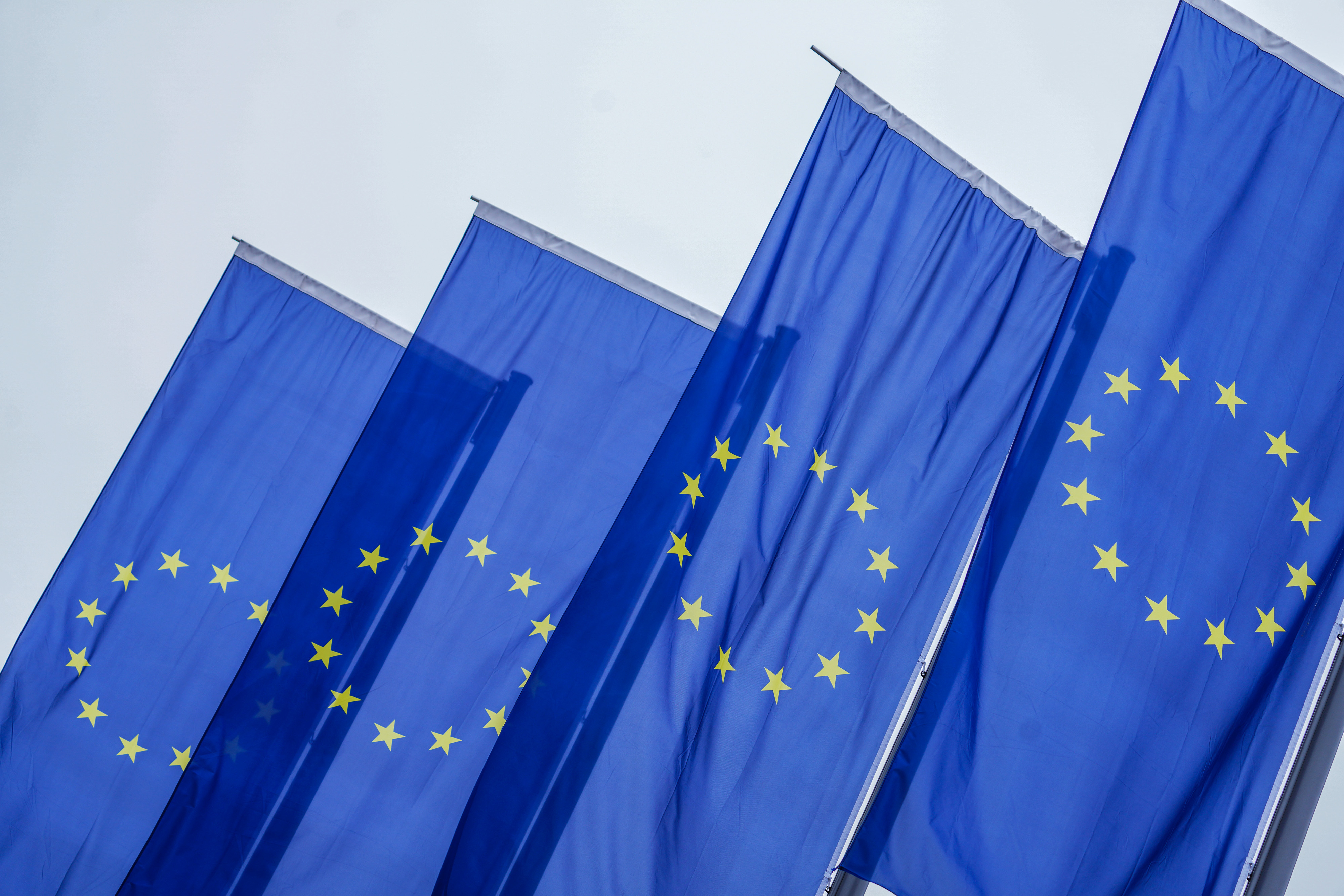
Sign up today and you will receive a free copy of our Future Focus 2025 report - the leading guidance on AI, cybersecurity and other IT challenges as per 700+ senior executives
You are now subscribed
Your newsletter sign-up was successful
The European Union wants AI to be made in Europe – and it's chucking more than €1 billion into the pot to help make it happen.
The EU's European Commission unveiled two plans to boost homegrown AI innovation. The first is the Apply AI Strategy, which aims to speed up the use of AI in key industries as well as the public sector, and the AI in Science Strategy, which focuses on AI in research and science.
"I want the future of AI to be made in Europe," said Ursula von der Leyen, President of the European Commission, in a statement. "Because when AI is used, we can find smarter, faster, and more affordable solutions."
She added, "AI adoption needs to be widespread, and with these strategies, we will help speed up the process. Putting AI first also means putting safety first. We will drive this 'AI first' mindset across all our key sectors, from robotics to healthcare, energy, and automotive."
The Apply AI and AI in Science strategies follow plans from earlier this year that aimed to reduce regulatory burdens and costs for AI companies.
AI for Europe
Such plans are seen as a way to balance the dominance of the US and China when it comes to AI and other future-looking technologies, and give Europe its own " digital sovereignty" in terms of infrastructure and R&D.
"Europe is well-positioned to become an AI continent," said Henna Virkkunen, Executive Vice-President for Tech Sovereignty, Security, and Democracy, in a statement. "With the Apply AI Strategy, we will help our companies and key sectors, from manufacturing to healthcare and the public sector, use AI to deliver real benefits for EU citizens, reinforce our competitiveness, and strengthen our technological sovereignty."
Sign up today and you will receive a free copy of our Future Focus 2025 report - the leading guidance on AI, cybersecurity and other IT challenges as per 700+ senior executives
That follows efforts by US companies to build infrastructure in Europe, with a push towards sovereign clouds and the ability to keep data in Europe.
What is the Apply AI Strategy?
This aspect of the EU's plans looks to encourage adoption of AI, in particular among smaller and medium-sized companies across key industries, including healthcare, pharmaceuticals, energy, mobility, manufacturing, construction, agri-food, defence, communications, and culture, as well as the public sector.
"It encourages an AI-first policy, so more companies consider AI as a part of the solution to tackle challenges, while taking into careful consideration the benefits and the risks of the technology," the EC said in a statement.
To help, the EC is "mobilising" €1 billion for "concrete measures" including setting up AI-powered healthcare screen centres, building agentic AI for manufacturing and other industries, and developing frontier models.
The aim isn't just to boost industry, however. "The strategy will help boost EU capabilities to unlock societal benefits, from enabling more accurate healthcare diagnoses to enhancing the efficiency and accessibility of public services," the EC added.
What is the AI in Science Strategy?
The aim with this side of the EC's plan is to set up Europe as a centre for AI-driven scientific innovation.
At the core is a virtual institute to coordinate the use of AI in science, as well as AI resources, known as the Resource for AI Science in Europe (RAISE).
The EC is also investing €58 million to help train and retain AI talent, encouraging them to "Choose Europe", with a further €600 million from funding body Horizon Europe dedicated to infrastructure. The EC said it hopes to double Horizon Europe's annual spend on AI to €3 billion.
"But this is not only about money," said Ekaterina Zaharieva, Commissioner for Startups, Research and Innovation, in a statement. "It is about building a European way for AI in science: open, collaborative, interdisciplinary, and responsible; where AI serves science, and science serves society."
She added: "With this strategy, Europe is making a purposeful choice to empower scientists, nurture talent and safeguard our sovereignty."
Make sure to follow ITPro on Google News to keep tabs on all our latest news, analysis, and reviews.
Freelance journalist Nicole Kobie first started writing for ITPro in 2007, with bylines in New Scientist, Wired, PC Pro and many more.
Nicole the author of a book about the history of technology, The Long History of the Future.
-
 Salesforce targets telco gains with new agentic AI tools
Salesforce targets telco gains with new agentic AI toolsNews Telecoms operators can draw on an array of pre-built agents to automate and streamline tasks
-
 Four national compute resources launched for cutting-edge science and research
Four national compute resources launched for cutting-edge science and researchNews The new national compute centers will receive a total of £76 million in funding
-
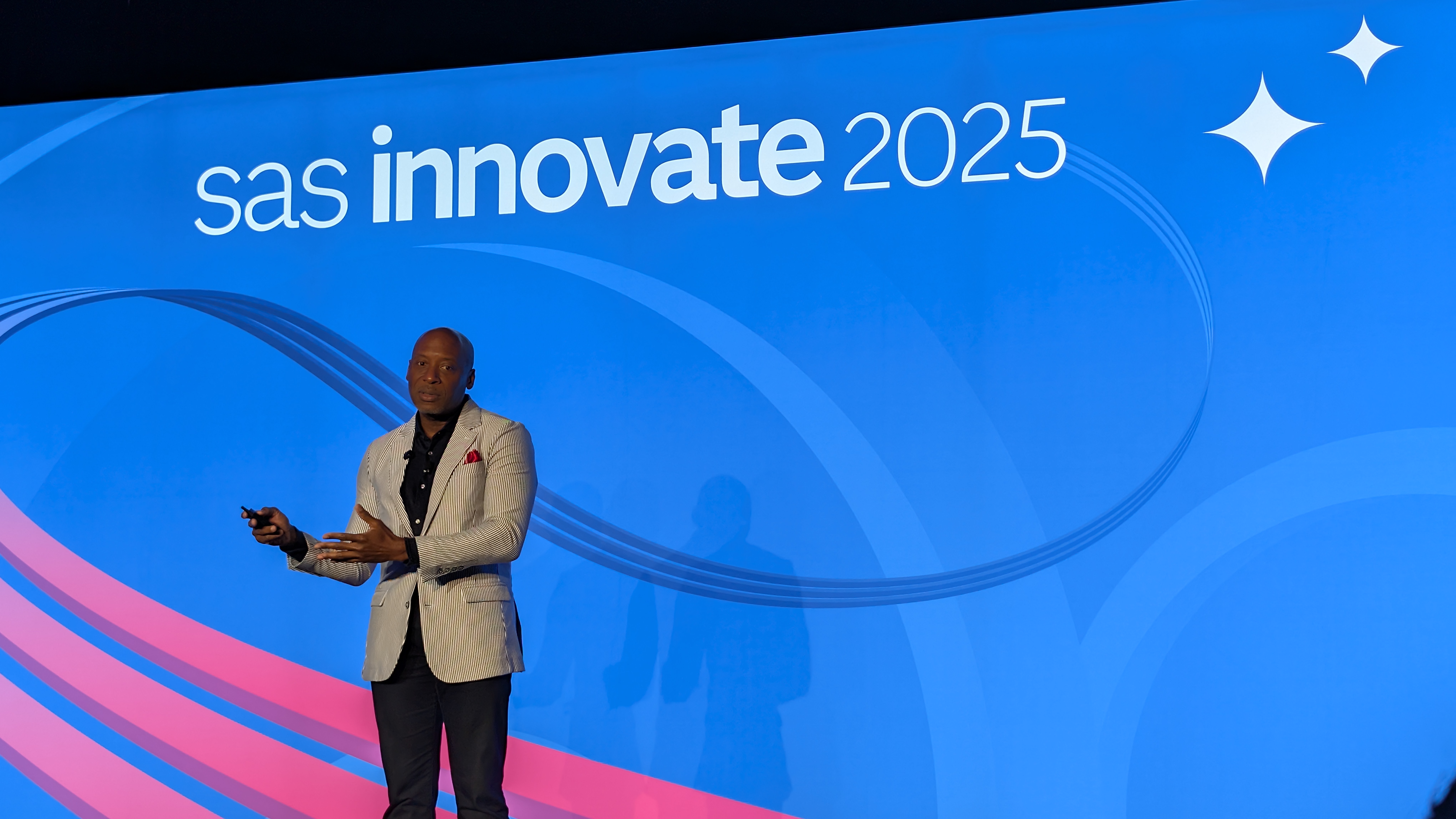 “Public trust has become the new currency for AI innovation”: Why SAS is ringing the alarm bell on AI governance for enterprises
“Public trust has become the new currency for AI innovation”: Why SAS is ringing the alarm bell on AI governance for enterprisesNews Demonstrating responsible stewardship of AI could be the key differentiator for success with the technology, rather than simply speed of adoption
-
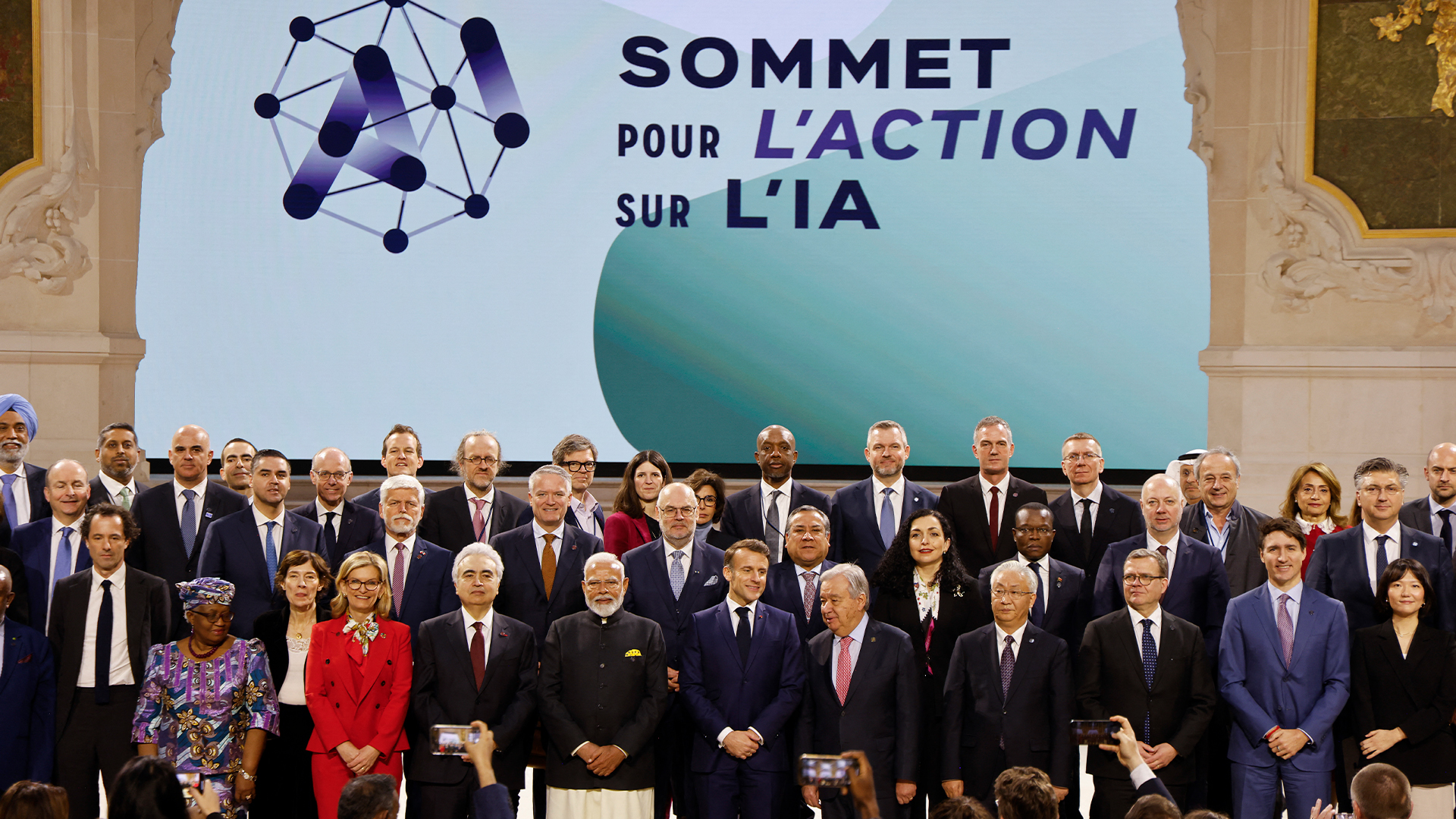 UK and US reject Paris AI summit agreement as “Atlantic rift” on regulation grows
UK and US reject Paris AI summit agreement as “Atlantic rift” on regulation growsNews The UK and US have refused to sign an international agreement on AI governance amid concerns over "practical clarity'.
-
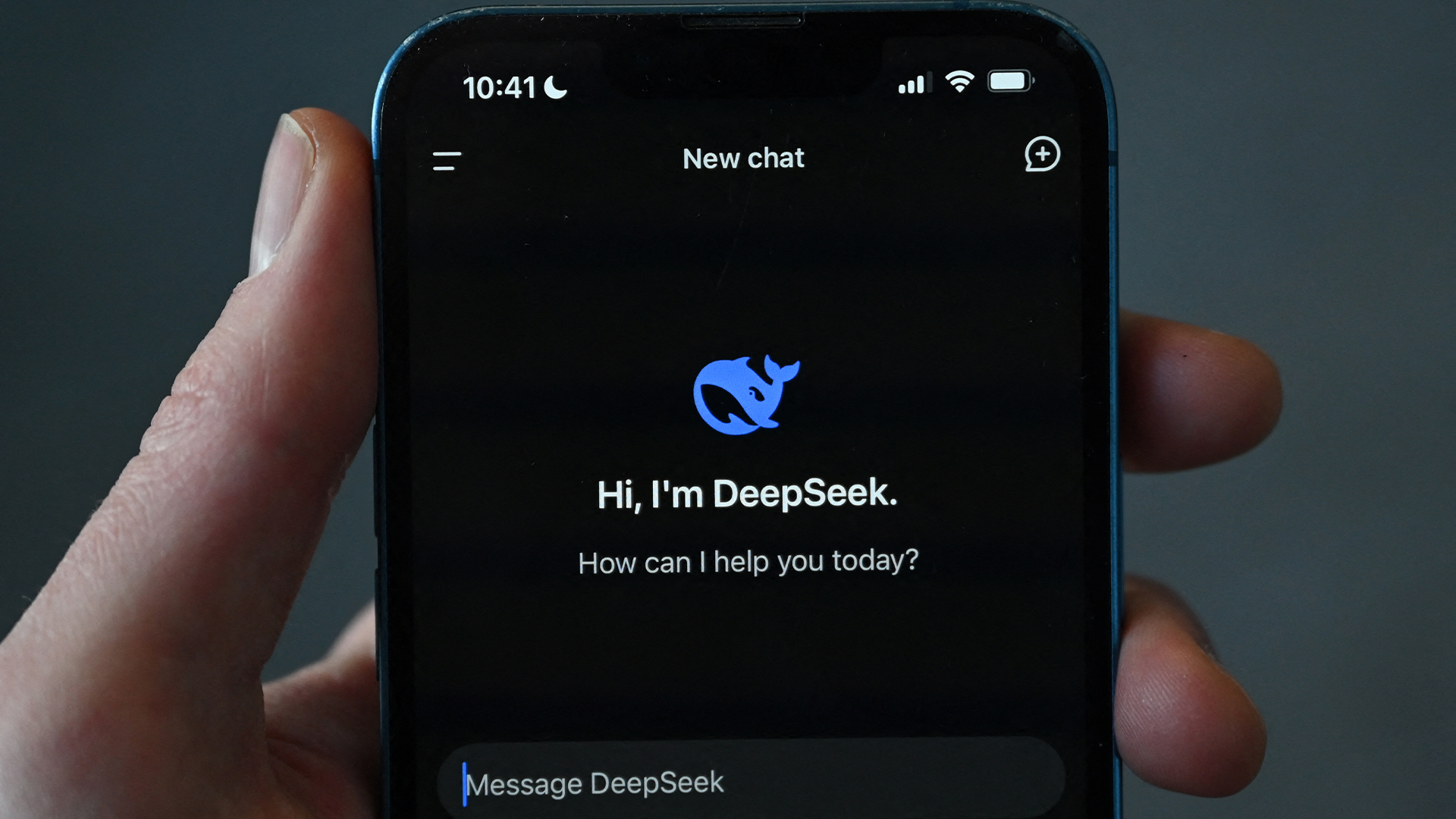 Looking to use DeepSeek R1 in the EU? This new study shows it’s missing key criteria to comply with the EU AI Act
Looking to use DeepSeek R1 in the EU? This new study shows it’s missing key criteria to comply with the EU AI ActNews The DeepSeek R1 AI model might not meet key requirements to comply with aspects of the EU AI Act, according to new research.
-
 European AI alliance looks to take on Silicon Valley and develop home-grown LLMs
European AI alliance looks to take on Silicon Valley and develop home-grown LLMsNews OpenEuroLLM is a consortium of 20 leading European research institutions, companies, and EuroHPC centers hoping to develop a family of open source LLMs.
-
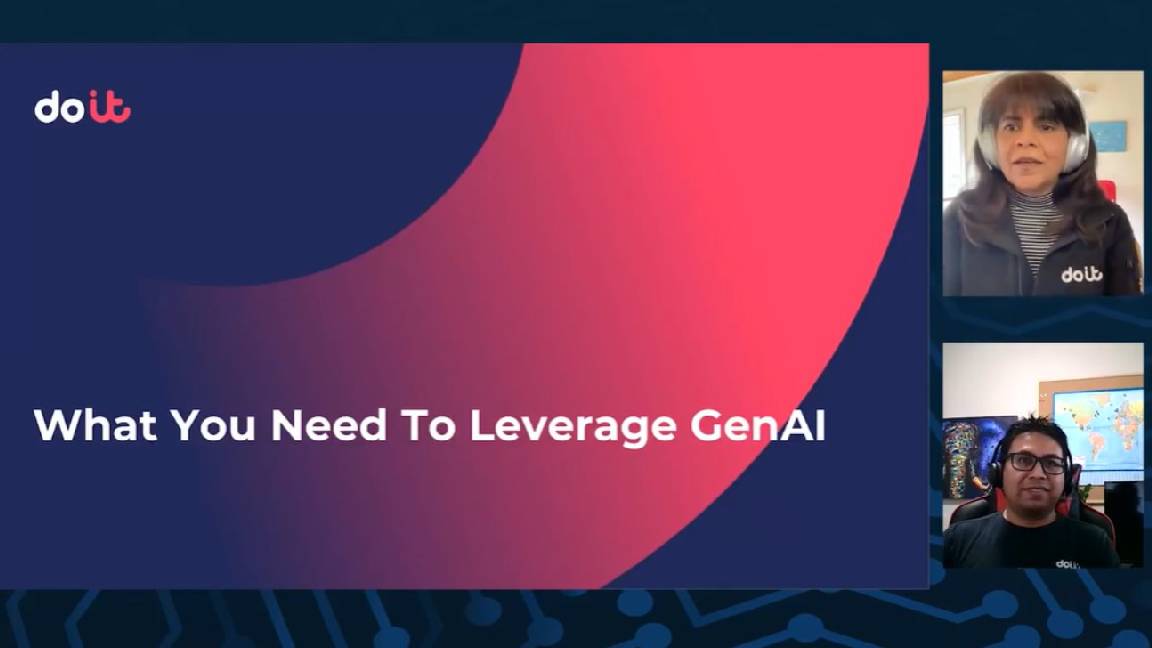 What you need to leverage genAI
What you need to leverage genAIWhitepaper What you need to leverage genAI
-
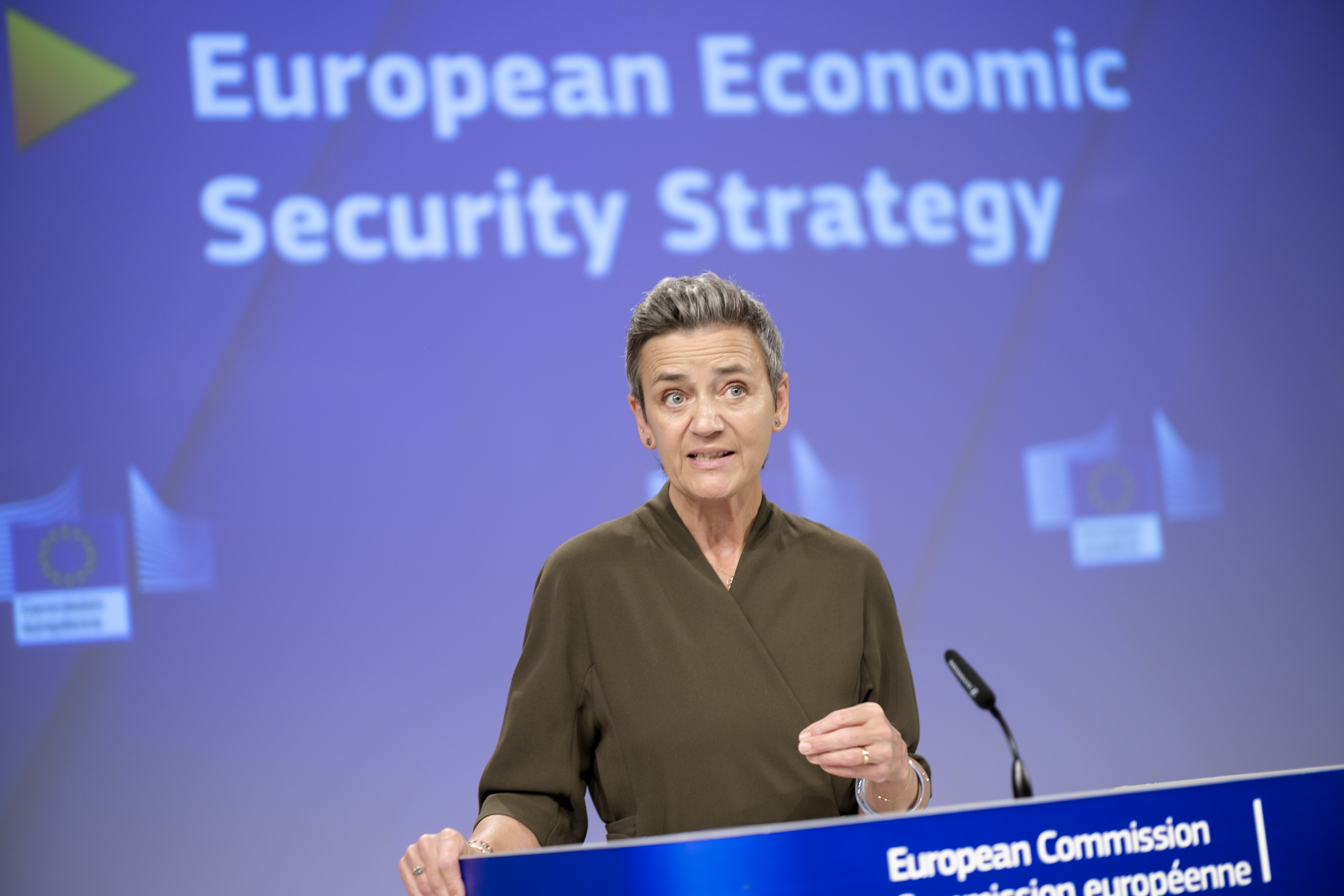 The EU just launched a bold new initiative to support regional AI startups and drive innovation
The EU just launched a bold new initiative to support regional AI startups and drive innovationNews EU-based artificial intelligence firms will be given financial support and access to supercomputers in a bid to accelerate innovation and boost competition with global counterparts
-
 Why AI governance is a business imperative for scaling enterprise Artificial Intelligence
Why AI governance is a business imperative for scaling enterprise Artificial IntelligenceWhitepaper Move from principles to practice with confidence
-
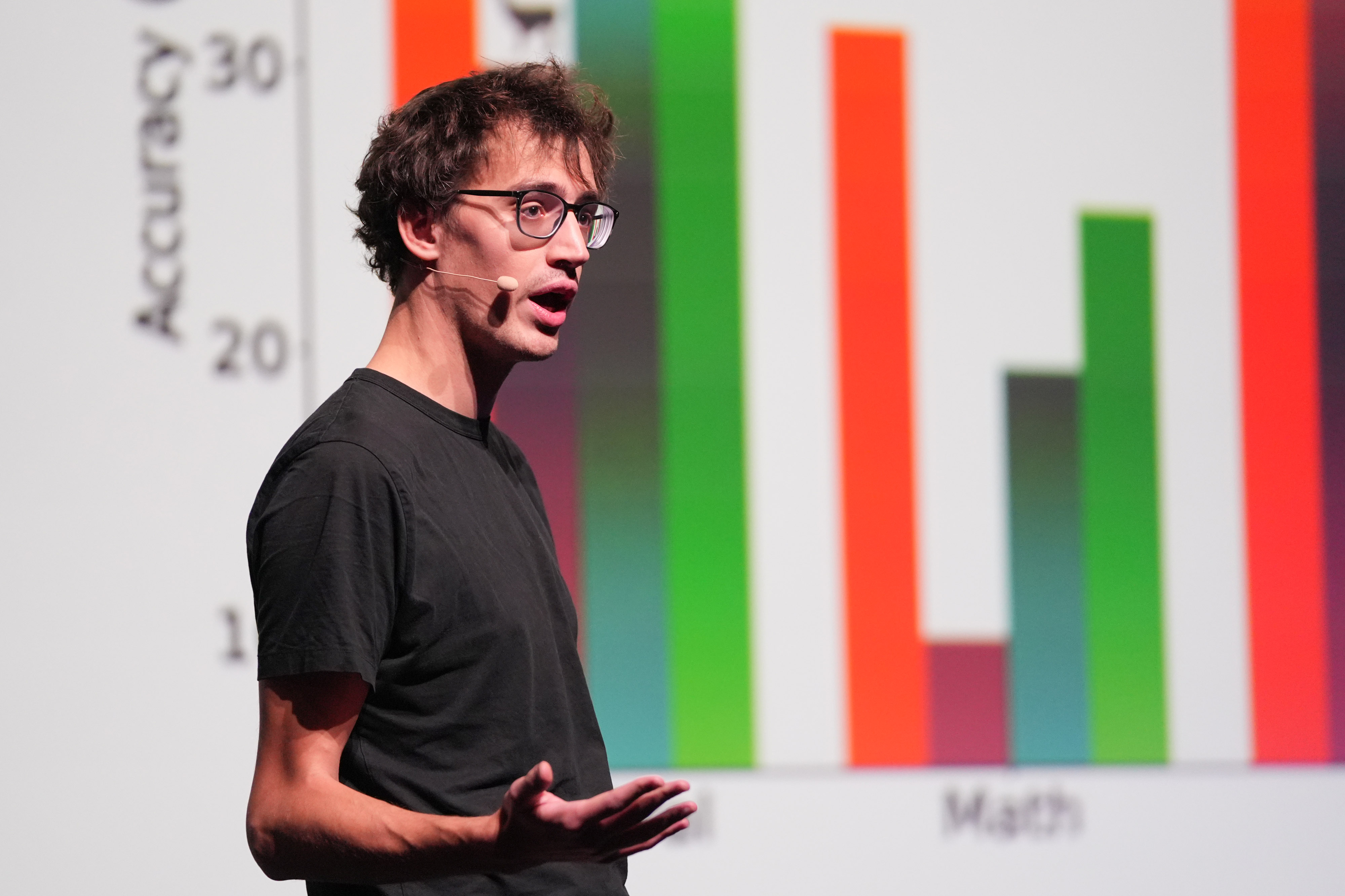 Why Mistral AI could be Europe’s answer to US dominance
Why Mistral AI could be Europe’s answer to US dominanceAnalysis Mistral AI has raised a significant amount of investment amid a meteoric rise
